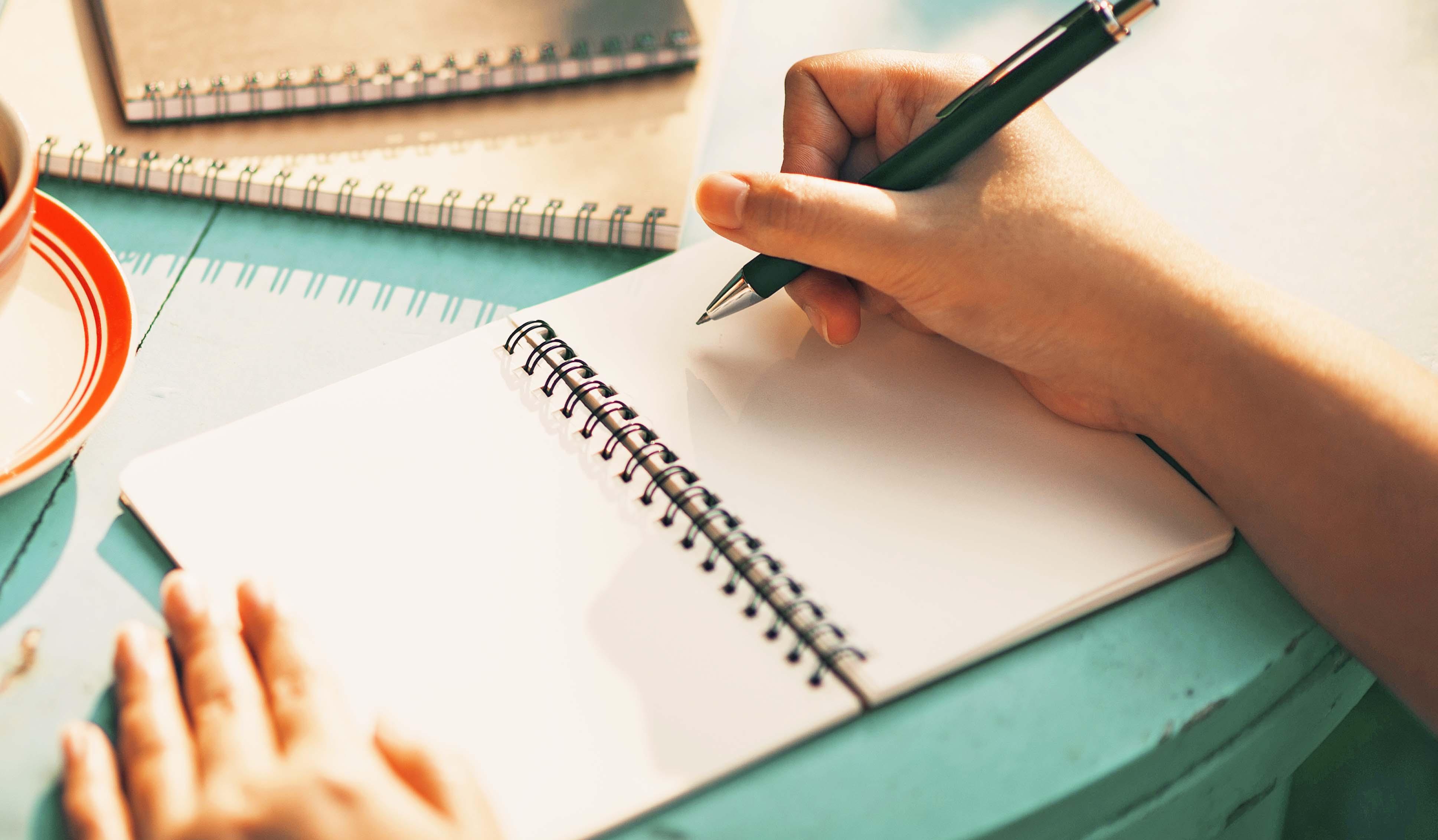Mindful Journaling: The Art of Being You
If you’re interested in micro-dosing, chances are you’re already engaged in finding ways to improve your mental health and strengthen your brain muscles. One way to increase the benefits of micro-dosing and to integrate the benefits of your journey is to tap into some form of journaling.
Journaling is one of the most affordable and efficient tools for self-development. It might seem like a daunting task to pick up a pen and paper and write out your thoughts and emotions, but science shows it’s worth the effort. The good news is there are various types of journaling that you can tap into and not all of them require journaling for hours on end. No matter the type of journaling you wish to use you can count on reaping the benefits, as research shows that writing with a pen and paper increases brain plasticity and causes more neural connections to form.
The Neuroscience of Journaling:
While journaling is well established as a healthy coping skill in psychology textbooks, more research can be done in the field of Neuroscience to determine why it is so beneficial for our brains. What we currently understand about the effects journaling as on the brain includes the following:
-Reduced response to pain in the amygdala (most often referring to emotional pain). The amygdala is the part of the brain that is responsible for emotional processes, a reduced response means that our amygdala won’t be as stimulated, and the pain will be more tolerable to deal with. This tells us that journaling can help us regulate our emotional reaction to challenges happening in our life.
-Activation of the prefrontal region. This part of the brain is the “action-taking” region of the brain. What this means is that journaling helps us to move past the emotional response phase and into the action-taking phase more quickly. So, we are able to take action in the areas that are most important rather than lingering on the less-desirable feelings that brought us to this realization.
Mental Health Benefits of Journaling:
Journaling stimulates many regions of the brain simultaneously which allows improvement in many cognitive functions. Mental health benefits include improved sleep and mood, increased altruism, increase in self-awareness, strengthened memory and reduced anxiety. Additional skills you will find over time from consistent journaling include organizational skills, wider range of vocabulary words, and an improvement in your reasoning- all the more incentive to pick up your pen and start journaling today!
Journaling and Micro dosing:
Journaling of some form is recommended for anyone embarking on the path of micro dosing. It is an incredibly impactful tool when setting intention at the start of your journey. Applying your pen to a paper to set your intention will help you find clarity and will help form the new neural pathways that you’re planning to form. Journaling can also be useful during your micro dose journey as you start to have new emotions present themselves, it is a useful tool for gaining awareness as to the process that is occurring and help guide you to make sure you are seeking the right support and action steps to create a positive experience. Journaling is also an important tool for micro dosing in order to solidify and integrate your new learnings into your everyday life. We recommend referring back to your journal entries from the intention period to refresh your memory on the intentions you made, it can also be a helpful reminder to see how far you have come during this journey.
Here are 3 types of journaling:
Sleep Journaling:
Sleep Journaling involves writing your thoughts and feelings in a journal every night a few hours before going to bed. When writing a gratitude list this can be done immediately before bed, however if you are free writing, you will want to write a few hours before bed to give your brain time to process and to have space in case any emotions come up that need extra care and attention. Research has shown that writing about upcoming tasks, or thoughts and feelings toward the next days can be a great way to reduce stress and anxiety. Try focusing on writing about your present experience or on the future, as writing about past events does not have as strong of an effect on your mental wellbeing.
Bullet Journaling:
Bullet Journaling is an excellent form of journaling for those who struggle to write anything at all. It is short form and to the point so there is no need for thinking of flowery words or creating an artistic form poem- it is truly a method for getting only the most important words out of your brain and onto that paper. Coined by the 39-year-old digital designer Ryder Carroll, this form of journaling this is known as the best way to plan, reflect and meditate by millions of journaling-enthusiasts today. It is a process designed to streamline and organize your life- all in one place. If you’re looking to learn more about bullet journaling, click here.
Stream of Consciousness Journaling:
Stream of Consciousness Journaling is a form of writing that taps into your subconscious. The writer can do this by writing anything and everything that comes to mind without judgement, hesitation or filtering. This type of writing can be great for someone who is trying to learn more about their emotions but have a difficult time rationally doing so. Perhaps this person feels shame about their emotions and has never been given a safe space to express them- this would be a great practice toward identifying and acknowledging their emotions. This can also be a creative form of writing if you are looking to get more creative and flamboyant with your writing. It is healthy for all of us to be able to express our unfiltered raw emotions and a good reference point if you are someone who likes to review old journal entries- you won’t be left guessing if any important details were left out of your writings.
The key discovery here is that the simple act of taking a pen to paper already triggers processes in the brain that allow you to better cope with life. Not only does this action improve mental wellbeing, but it can also lead to greater productivity and relationships in your professional and personal life. Try to take your own spin on journaling and don’t be afraid to be creative and bold in this process of self-discovery. It should feel like a weight off your shoulders once you get into the groove of it, so just remember to give it a little time!
Citations:
Scullin, M. K., Krueger, M. L., Ballard, H. K., Pruett, N., & Bliwise, D. L. (2018). The effects of bedtime writing on difficulty falling asleep: A polysomnographic study comparing to-do lists and completed activity lists. Journal of Experimental Psychology: General, 147(1), 139–146. https://doi.org/10.1037/xge0000374
Scullin MK, Krueger ML, Ballard HK, Pruett N, Bliwise DL. The effects of bedtime writing on difficulty falling asleep: A polysomnographic study comparing to-do lists and completed activity lists. J Exp Psychol Gen. 2018 Jan;147(1):139-146. doi: 10.1037/xge0000374. Epub 2017 Oct 23. PMID: 29058942; PMCID: PMC5758411.
Baikie, K., & Wilhelm, K. (2005). Emotional and physical health benefits of expressive writing. Advances in Psychiatric Treatment, 11(5), 338-346. doi:10.1192/apt.11.5.338
Sloan, Denise M., and Brian P. Marx. "Taking pen to hand: evaluating theories underlying the written disclosure paradigm." Clinical psychology: Science and practice 11.2 (2004): 121.





